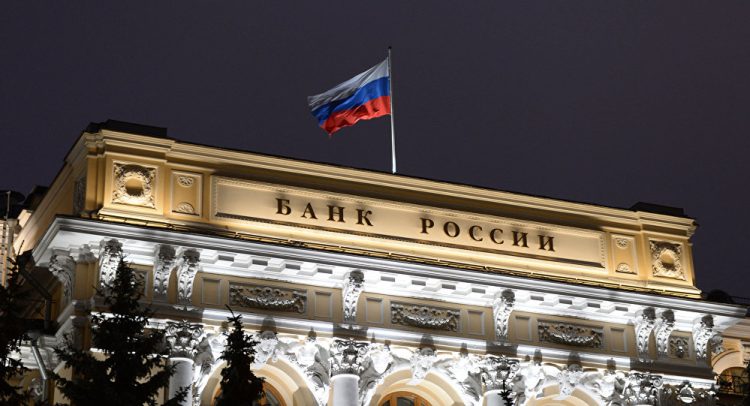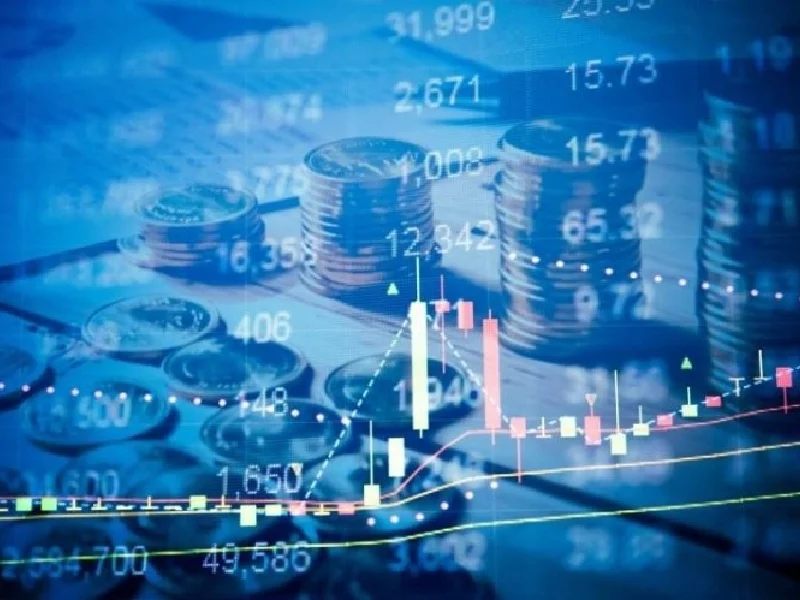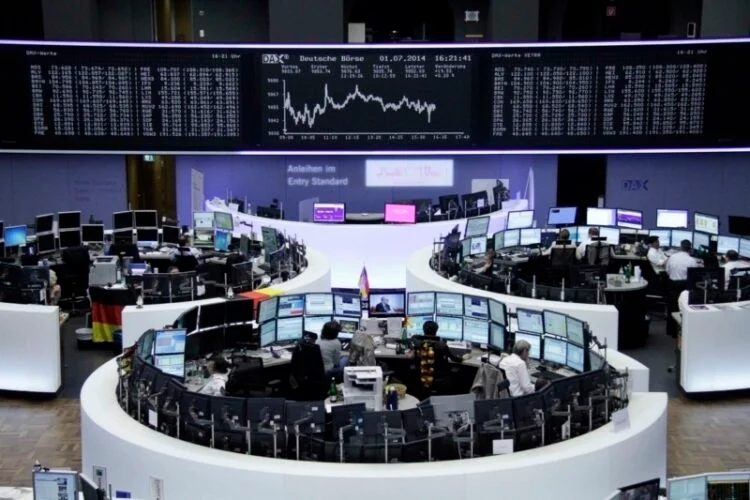Publisher: Maaal International Media Company
License: 465734
Russian Finance Minister: oil price cap may increase Russia’s budget deficit in 2023
اقرأ المزيد
Russian Finance Minister Anton Siluanov said that the budget deficit in his country may exceed the expected two percent in 2023, as the price ceiling imposed on crude affects Russian export revenues, which puts a new financial obstacle in front of Moscow, which is spending generously on its military campaign in Ukraine.
And according to “Reuters”, Russia said last week that the price limits imposed on its crude and refined products may push it to reduce oil production by between 5% and 7% at the beginning of next year, but Siluanov promised to meet spending commitments, whatever the level of reduction, by resorting to the borrowing markets and the country’s reserve fund as needed
“Is it possible to record a larger budget deficit?” Siluanov told reporters in remarks cleared for publication on Tuesday. This is possible if revenues are lower than expected. What are the risks next year? Price risks and restrictions
He added that a reduction in the volume of energy exports is possible, in light of some countries avoiding dealing with Russia, while Moscow is seeking to open new markets, which will determine the revenues of Russian exports.
Siluanov added, saying that the price ceiling “has such a great effect that there will be no supplies to the countries that set it … and this means that there will be other countries. Yes, the logistics (costs) will go up. Discounts may change accordingly
In the event of shrinking export volumes, Siluanov said Russia would have two sources of additional financing: the National Wealth Fund, which contains the country’s reserves, and loans.
The government borrowed heavily during the current quarter, after several difficult months that followed Moscow’s decision to send tens of thousands of soldiers to invade Ukraine in what it describes as a “special operation.” Russia now expects to use just over 2 trillion rubles ($29.24 billion) from the National Wealth Fund in 2022, with total spending exceeding 30 trillion rubles, more than initially planned for this year.
“Macroeconomic conditions have changed since the start of the special military operation, inflation has increased and we needed large amounts of resources to support families,” Siluanov said.
It should be noted that spending from the National Wealth Fund could reach 1.5 trillion rubles in December. The fund’s total liquid assets at the beginning of this month amounted to 7.6 trillion rubles, which is equivalent to 5.7 percent of Russia’s GDP.








